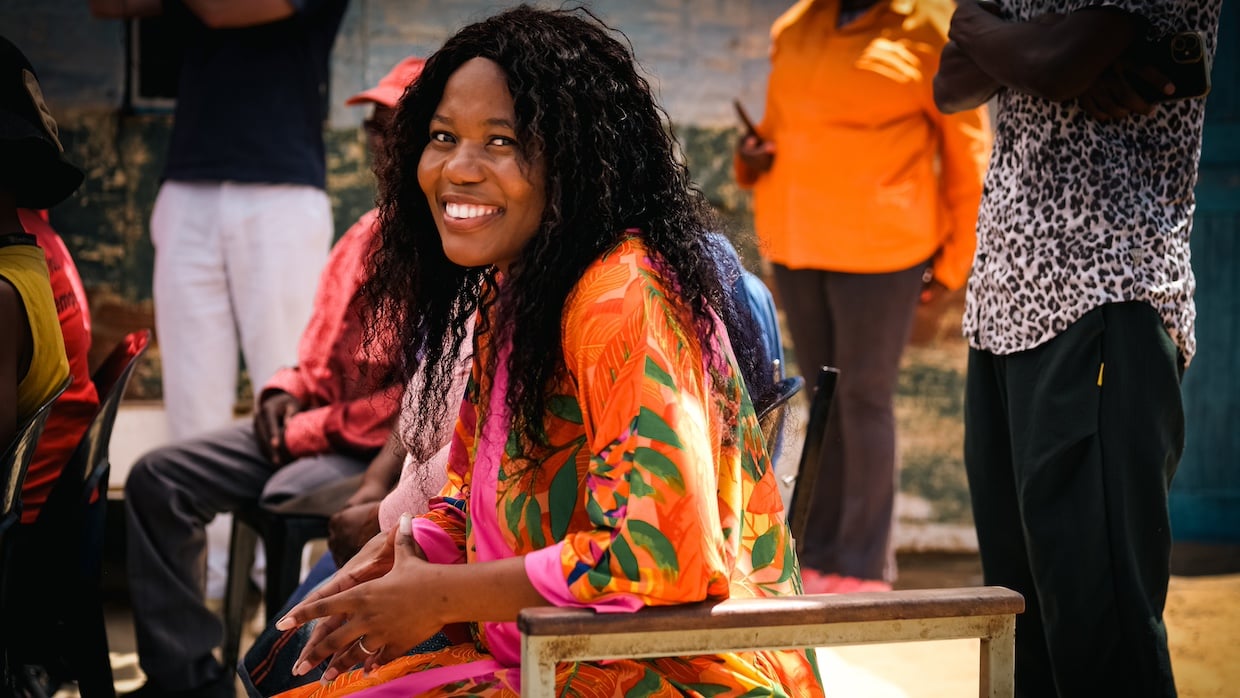
Belonging and Inclusion
Cultivating inclusive agriculture in South Africa
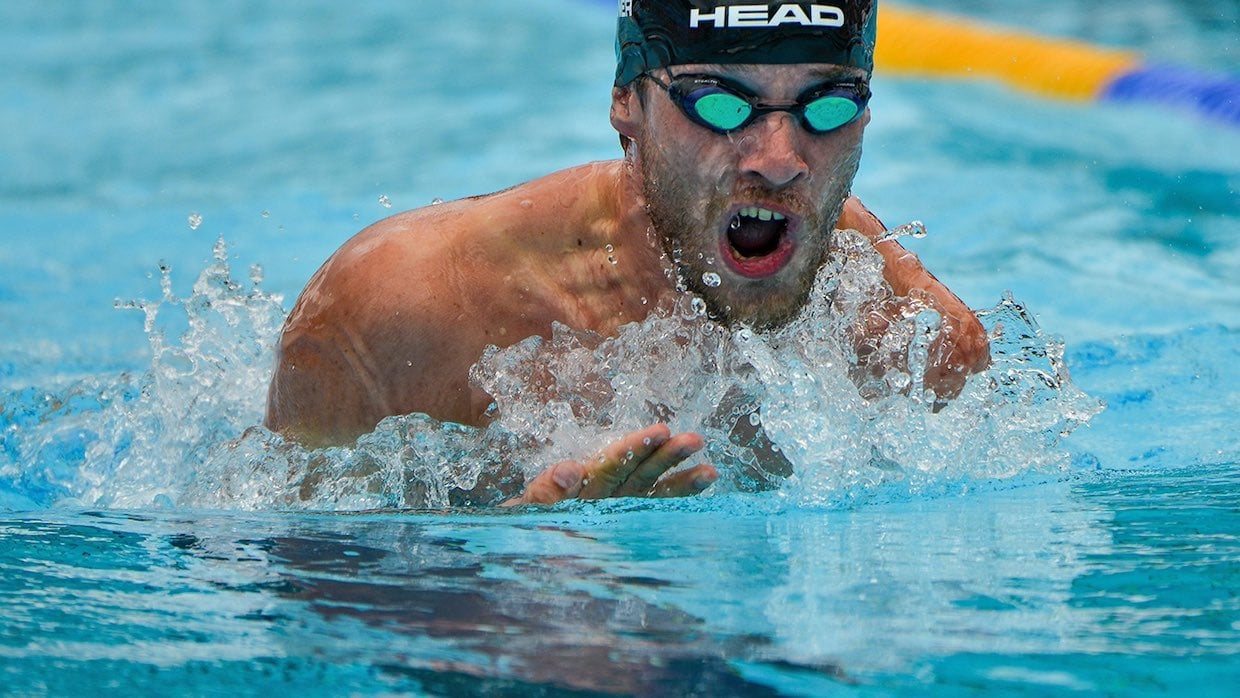
Q: Andreas, after losing your left arm, you started swimming as physical therapy and found a true passion for this sport. Did you ever think that just a few years later you would compete in the 2008 Paralympic Games in Beijing as the youngest Austrian athlete and achieve 6th place in the SB8 class 100m breaststroke?
Andreas: It was incredible. Just 10 years after the accident, I was in the final at the Paralympics and was in the world top 6! Nobody had that on their radar back then, not even me. It was all the more beautiful that I was there and, for the first time, the dream of winning a Paralympic medal crossed my mind.
Q: At the age of 12, you became the national champion for the first time in 100m breaststroke. Now, you've won 12 medals at major events. 11 at World and European Championships and even a bronze at the 2016 Rio Paralympics. What has been your motivation?
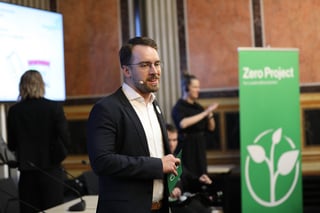 Andreas: I had great ambitions and wanted to prove to myself and everyone else that a lot was possible. With each success, I wanted more and suddenly became aware of the many doors that were opening in front of me. But it also became harder and more intense. Because I always had clear goals, I knew it was worth training hard for them. Later, I also realized that I could encourage other people with my swimming, which spurred me on even more to go further to reach a wider range of people.
Andreas: I had great ambitions and wanted to prove to myself and everyone else that a lot was possible. With each success, I wanted more and suddenly became aware of the many doors that were opening in front of me. But it also became harder and more intense. Because I always had clear goals, I knew it was worth training hard for them. Later, I also realized that I could encourage other people with my swimming, which spurred me on even more to go further to reach a wider range of people.
Q: How important is nutrition during competitions? What is your favorite food?
Andreas: Preferably the good stuff! Nutrition is a very important factor for regeneration and performance, both in training and whilst competing. Our bodies need to be optimally nourished and hydrated to enable peak performance. Nutrition is also about flavor and joy, our head needs flavors we love to feel powered up. It's important to find the right balance between nutrition for performance and treating yourself to something now and then.
Q: Inclusion is an important part of our values at Sodexo. We’re fully committed to helping people feel welcome and included within our company as well as removing barriers so that people with disabilities can reach their full potential. What tips would you give to companies that want to make their workplaces more inclusive?
Andreas: Be brave and trust people to grow, regardless of whether they have a disability or not. If we focus on everyone's strengths, we can tap into a lot of potential. It's also important to break down fears of contact and prejudices throughout the workforce, to think inclusively about processes and structures, and to involve everyone. In the end, everyone wins!
Q: A study by MediaAffairs in 2023 revealed that the low levels of coverage of people with disabilities in the media is unchanged in the last 7 years. When people with disabilities are featured in the press it’s only about two topics 50% of the time: Paralympics or charity events. One positive change is that awareness-raising is a topic increasingly popular. How do you perceive media coverage in Austria about people with disabilities?
Andreas: I've been observing media coverage for a long time from the perspective of an athlete and a moderator, and thankfully I'm also an active part of it. I try to contribute to this coverage by focusing on people and their daily reality. Both through my story and successes, as well as through the way we tell other people’s stories. We’ve improved there, but progress never ends, we can always do better. It's encouraging to see that social awareness-raising is taking more space in the public debate. The fact that this topic is getting more coverage means that journalists are becoming more aware and therefore gradually become more inclusive in sharing all facets of disability.
Q: The press can introduce people with disabilities as victims or activists but on social media people with disabilities almost never portray themselves in this way, instead showing their self-confidence and inspirational journey. Why do you think this distortion exists?
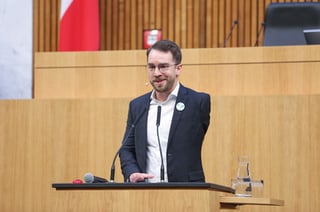 Andreas: Where there is still a lack of awareness within the press, outdated prejudices and referred to. This is sometimes because journalists have little to do with people with disabilities in their personal or professional everyday life.
Andreas: Where there is still a lack of awareness within the press, outdated prejudices and referred to. This is sometimes because journalists have little to do with people with disabilities in their personal or professional everyday life.
Social media is incredibly powerful as people can tell their own story to the world. What do I want to show? What do I want my narrative to be? And what is the direct feedback from my community? On social media, I have the opportunity to show the enormously valuable contribution to society that those with disabilities can add.
Q: The study mentioned above also shows that a quarter of media coverage still contradicts the UN Convention, for example by using discriminatory words or cliched portrayals. In 2015 and 2016, almost every media contribution was still containing problematic expressions. What could drive the progress towards more inclusive language?
Andreas: Lead by example and proactively approach media organizations that are not yet using the appropriate language. This can include approaching the editorial teams and supporting them in getting trained. This is something that ORF intensively does with the media editorial offices as part of "Licht ins Dunkel" (Light into darkness), supporting change from within. I truly believe that the next study will find big progress in this area.
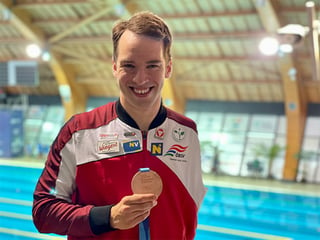 Q: To conclude, we'd like to ask you a personal question: what advice would you give your younger self knowing what you do today?
Q: To conclude, we'd like to ask you a personal question: what advice would you give your younger self knowing what you do today?
Andreas: I would advise young Andreas to dream much bigger much earlier and work hard for it. It's incredible what I was able to achieve and what became possible for me.
Find more about Andreas Onea on his website at http://www.andreasonea.at and you can follow his Instagram account

Cultivating inclusive agriculture in South Africa

The Vibrant Mind: A guide to neuroprotective nutrition
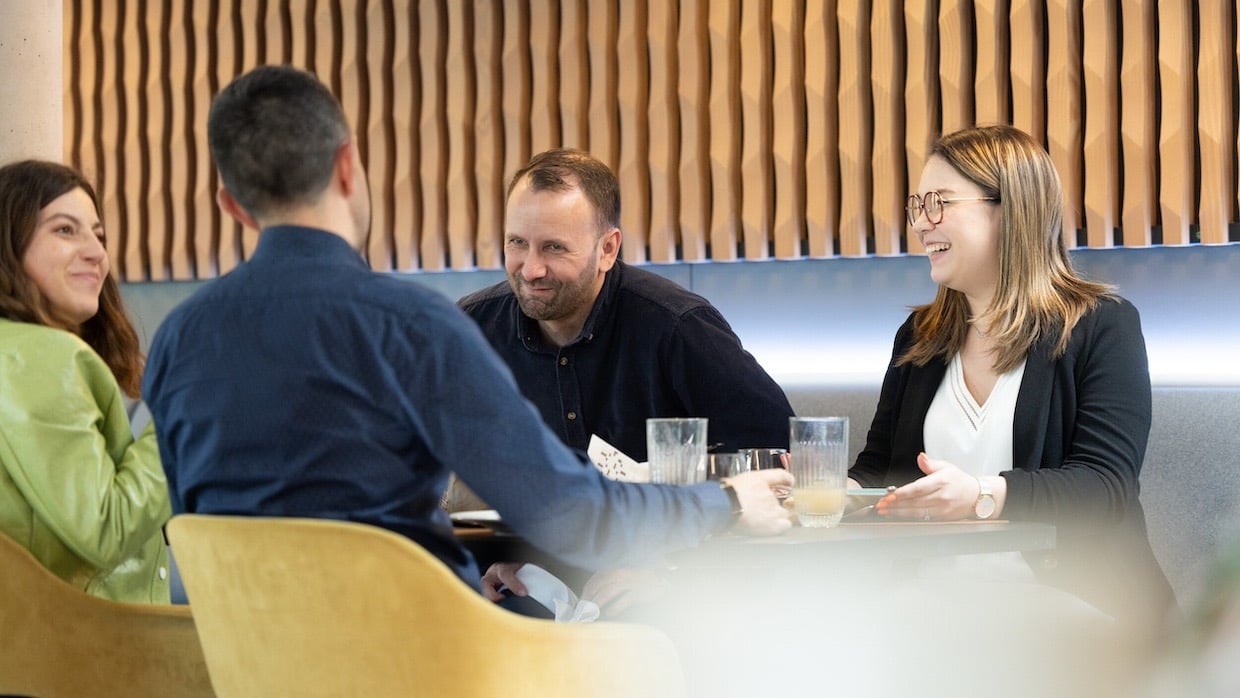
Making sustainable food, convenient